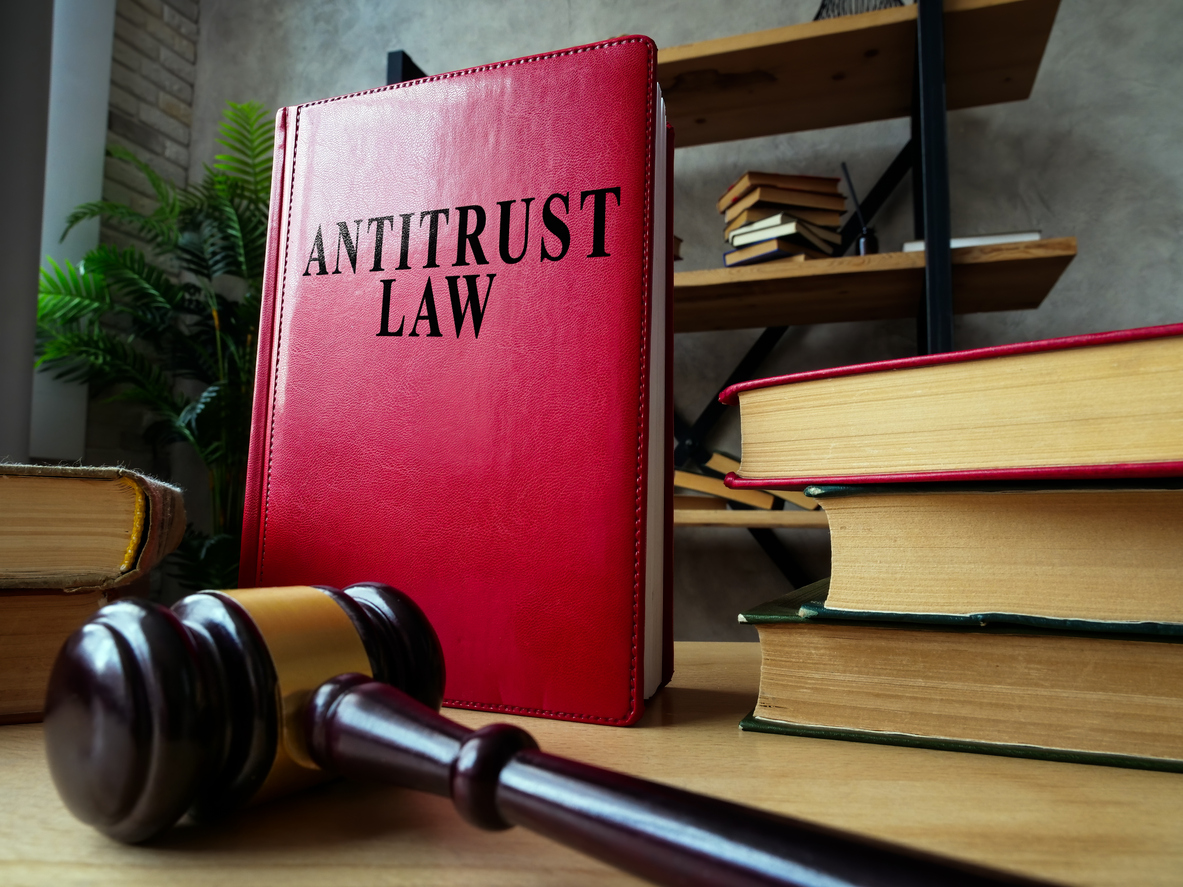A whopping bad faith $112 Million punitive damage verdict in an Indiana federal court last week appears to be the result of insurers trying to “flip-flop” the policyholder’s expert consultant.1 The trial court noted the issue, denying the insurers’ motion for summary judgment of the bad faith action:
Indiana GRQ argues that the insurers deceived it by hiring its remediation consultant (Jeff Pope of Burns & McDonnell) to assist the insurers. Indiana GRQ calls this bad faith. Mr. Pope was hired as an environmental consultant for Indiana GRQ. He conducted testing at the site and produced an extensive report for Indiana GRQ. He produced an environmental remediation plan that Indiana GRQ signed. Mr. Pope testified that the insurers (through McLarens) retained him after his work for Indiana GRQ ceased and he stopped receiving payment.
Mr. Thoman (the McLarens adjuster for the insurers) testified that the insurers hired Burns & McDonnell (namely, Mr. Pope) because ‘they had an intimate knowledge of the complexity of what was happening on site’ He also said he couldn’t recall another claim where insurers hired the insured’s previous consultant. Mr. Pope said he was retained for only one meeting. He participated in a call with the insurers ‘to prepare [their] best estimates for the physical damage and seepage and pollution’ and to discuss ‘opening a potential settlement’ with Indiana GRQ. Thomas Lovisa, the main vendor performing the site remediation, testified this was ‘odd,’ but it strikes as far more disturbing. ‘Courts have been quick to find a confidential relationship in situations where the [consultant] previously worked for the opposing party,’ particularly when that consultant acquires confidential information during the course of representation. Thompson, I.G., L.L.C. v. Edgetech I.G., Inc., 2012 U.S. Dist. LEXIS 126808, 9-11 (E.D. Mich. Sept. 6, 2012).
On this record, a reasonable jury could find that hiring the very consultant who once worked for Indiana GRQ on this same issue of remediation now to undermine the company’s efforts for additional remediation payments was in bad faith—an exercise of an unfair advantage over the insured to pressure the insured toward a settlement. See id.; Koch Refin. Co. v. Jennifer L. Boudreaux MV, 85 F.3d 1178, 1181 (5th Cir. 1996) (flipflopping insurer and consultant provided basis for disqualification); Wang Lab’ys., Inc. v. Toshiba Corp., 762 F. Supp. 1246, 1248 (E.D. Va. 1991) (viewing this flipflop retention of a proposed expert as “clear” case of concern)…. The court thus must deny summary judgment on this bad faith theory.
During the trial and in response to a motion for directed verdict, the policyholder argued:
Testimony regarding the Defendant Insurers’ furtive scheme to use and then formally retain Mr. Pope to work against the interests of IRG on the same claim he was initially retained by IRG is malicious and reprehensible, and the evidence presented by IRG at trial has been overwhelming—including the testimony by Mr. Pope himself. Additionally, testimony from Shawn Keating, both the claims representative at the time for Zurich/American Guarantee and the lead adjuster for the entire Defendant Insurer market (including Interstate), supports IRG’s arguments that the retention and prior efforts to turn Mr. Pope evidenced bad faith.
There is often a lot to be learned from cases that proceed to trial. This case has a lot more to be discussed. The lesson and point of this post is simple—insurance company adjusters who attempt to hire the policyholder’s expert may be subject to claims of bad faith.
Thought For The Day
Punishment is justice for the unjust.
—Saint Augustine
1 Indiana GRQ v. American Guarantee & Liability Ins. Co., No. 3:21-cv-00227 (N.D. Ind. May 25, 2023).




